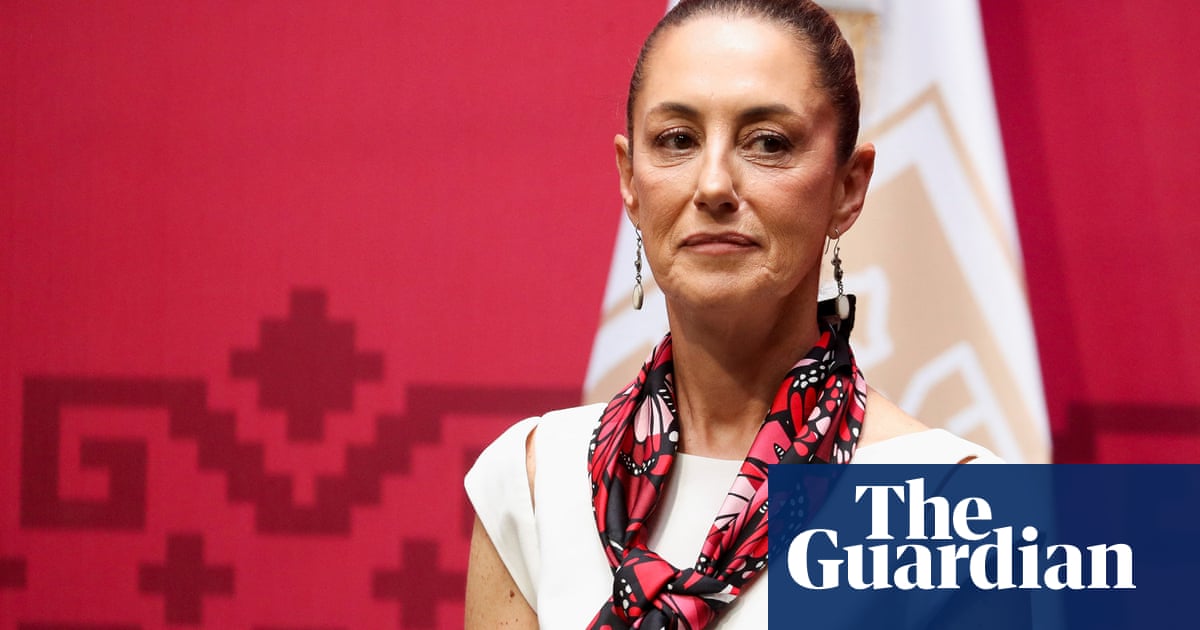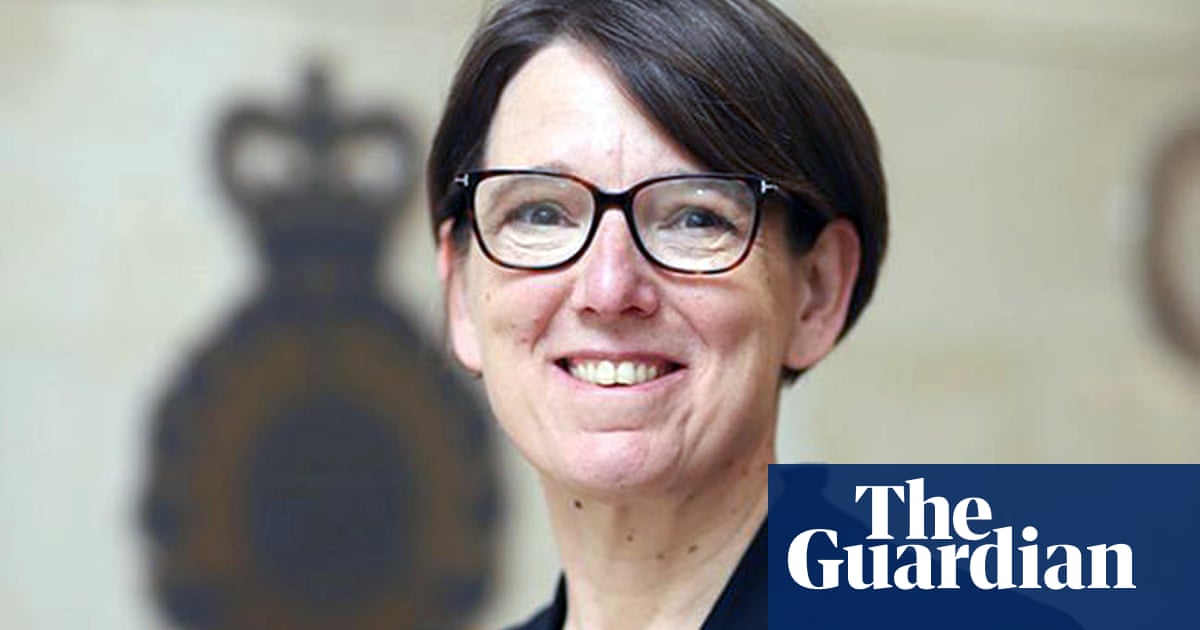
The opposition candidate Xiomara Castro appears poised to become the first female president of Honduras in a landslide victory 12 years after her husband was forced from power in a military-backed coup.
With results counted from just over half of precincts on Monday, Castro held a commanding 20-point lead over her nearest rival, Nasry Asfura of the ruling National party.
The final result is expected to be tighter as votes trickle in from the rural strongholds of the National party. But the tide in favour of Castro, a leftist who represents a coalition of opposition parties, appears unstoppable.
Castro, 62, declared herself the winner in a speech before a crowd of jubilant supporters late on Sunday, and promised to form a government of “peace and justice”. She said: “For 12 years the people resisted, and those 12 years were not in vain. God takes time but doesn’t forget. Today the people have made justice.”
In 2009 Castro’s husband, Manuel Zelaya, was ousted as president by business elites and the military. The protest movement that emerged in the crisis made Castro a political force in her own right. She first ran for president in 2013 for the centre-left Libre party.
Supporters across the nation took to the streets to celebrate, including in the capital, Tegucigalpa, where people gathered along one of the main boulevards to party. “We are celebrating because the corrupt are no longer going to govern Honduras,” said Oliver Pindel, 50, a doctor who danced while draped in a Honduran flag.
Over the past four years, President Juan Orlando Hernández and members of the conservative National party have been mired in a string of corruption and drug trafficking allegations. A brother of Hernández was convicted in New York of drug trafficking, and the president himself has been accused by prosecutors of overseeing state-sponsored drug trafficking. Hernández, who is due to leave office in late January, has vehemently denied the accusations.
Castro’s apparent victory was the opposite of what many had expected. Looming over this year’s vote was the memory of the 2017 general election, which was marred by allegations of fraud and post-election violence.
On the campaign trail, Castro promised to “pull Honduras out of the abyss we have been buried in by neoliberalism, a narco-dictator and corruption,” and victory would be seen as a repudiation of the culture of impunity in government.
Her message resonated with voters, fuelling a strong turnout, especially among young people who in past elections have participated in low numbers.
“I think the majority of the population like me is indignant over the situation that the country has suffered,” said Lissy Barrientos, 21, a student, after voting for the first time in a middle-class neighbourhood in Tegucigalpa.
Asfura, the mayor of Tegucigalpa, was declared the winner by his own party shortly after the polls closed and has not yet conceded. His campaign attempted to distance him from Hernández and the scandals revolving around his party, but the results so far suggest the message was not effective.
The National party also resorted to scare tactics, warning that Castro would legalise abortion and turn Honduras into a communist nation, attempting to capitalise on her husband’s close ties with socialist leaders such as Venezuela’s Nicolás Maduro.
Castro has proposed easing the country’s draconian abortion ban – one of the most restrictive in the world – but only under limited circumstances.
It could take days before all votes are counted, leaving the control of Congress and many city halls in limbo. However, Castro could officially be declared president as soon as the end of Monday if she maintains a big lead.












